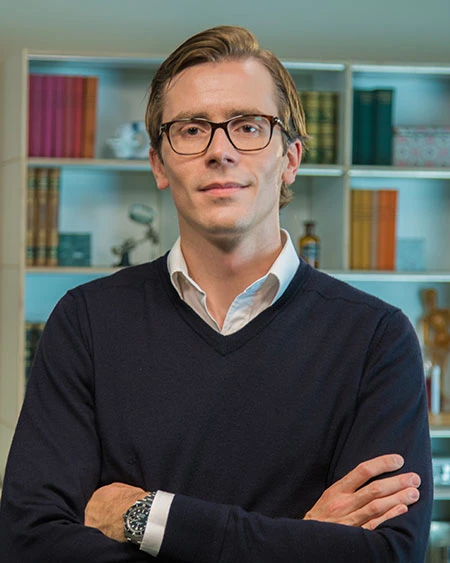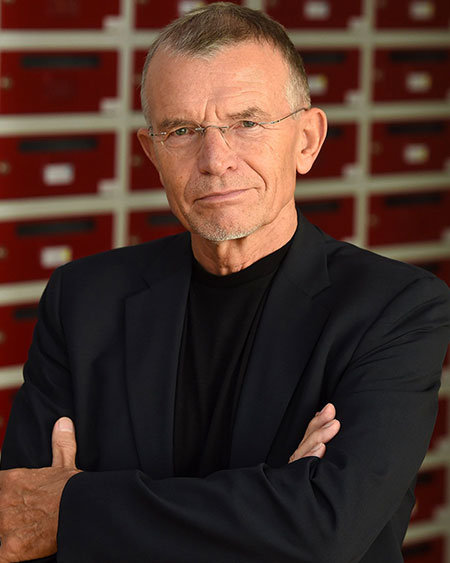Select your country
Websites worldwide
Select a country to go to the website of the respective STADA sales company.
Australia (1)
Austria (1)
Belarus (1)
Belgium (1)
Bosnia-Herzegovina (1)
Bulgaria (1)
China (1)
Croatia (1)
Czech Republic (2)
Denmark (1)
France (1)
Hungary (1)
Ireland (1)
Italy (1)
Montenegro (1)
Netherlands (2)
Poland (1)
Portugal (1)
Romania (1)
Serbia (1)
Slovakia (1)
Slovenia (1)
Spain (1)
Switzerland (1)
Thailand (1)
The Phillippines (1)
United Kingdom (3)
Vietnam (2)
Health Report 2017
Young adults lack health education?
“Generation clueless” in health-related questions
The results are alarming: Young people lack knowledge when it comes to health education. Far too many of the next generation cannot answer basic questions on important health-related topics. STADA is therefore supporting calls for schools to teach our children more intensively about health. People for whom health played a major role at school were found to have an above-average level of health literacy in the STADA Health Report 2017. 80 percent of the 18 to 24-year-olds questioned in the representative survey would like health to be a subject at school. Health topics have so far only been discussed as individual projects in our classrooms, for example within existing subjects. But that is not enough. We need »Health« to be a school subject.
Double interview: “There is no health education”

Dr. Johannes Wimmer works as a medical doctor, book author and television entertainer. It was quickly clear to him that he wanted to go public, primarily to achieve one thing: an improvement in doctor-patient communication. In November 2015 he published his first book, »Fragen Sie Dr. Johannes« [Ask Dr. Johannes], the second book »Alles über die Haut« [All about skin], was released in April 2016 and reached the SPIEGEL bestseller list. Dr. Wimmer has his own television show on the NDR channel in Germany (»Wissen ist die beste Medizin« [Knowledge is the best medicine]) and gives presentations at health policy congresses and conferences.

Prof. Dr. Klaus Hurrelmann is a social scientist focused on youth, education and health care research. He was awarded a professorship at the University of Essen in 1975, moved to the University of Bielefeld in 1979 and has been a Senior Professor of Public Health and Education at the Hertie School of Governance in Berlin since 2009. Hurrelmann has coordinated multiple studies of children and young people and is part of the management team of World Vision Children Studies as well as the Shell studies of young people. His international work has resulted in guest professorships at the New York University for Public Health and the University of California in Los Angeles.
Questions & Answers
The study results show: Many young Germans do not have sufficient health literacy. How would you explain that?
Prof. Hurrelmann: The respondents are at a stage of life where the topic of health is not really »critical« for them. They do not have any real connection to this topic and simply live for the moment. For this reason, they do not pro-actively seek information about health topics. At the same time, health is rarely discussed in school, which means that young people are also not externally confronted with the issue.
Dr. Wimmer: Exactly. There is no health education. Who should people learn from? Before, there was typically the grandmother, who knew when something was serious and you needed to go to hospital. That was already not ideal. The world today has become even more complex, without us bringing people up to speed in terms of health.
Does this mean that health should play a bigger role in schools?
Dr. Wimmer: Definitely. Health is an education problem. The topic must have a fixed place in schools. It must be taught better in schools. In this case, better means in such a way that students can find a way to relate to the topic of health on a personal level. Health in itself is not an interesting topic for healthy people, so it must be taught in a very practical way.
Prof. Hurrelmann: I agree. Health needs a fixed place in the school system, either as its own subject or it needs to be more strongly integrated into other subjects. Several colleagues and I have been requesting this for some time, so I am delighted that so many young adults themselves also would like to see health become a school subject. The generation seems to understand that health is an extremely important topic and would like to be better prepared. I believe that health can be made exciting.
Since health related issues are not addressed in schools, many people are looking for information other sources, such as their parents or the Internet. What is your opinion on this?
Prof. Hurrelmann: This is not particularly pleasing, I’d like to make that clear. Schools must become far more important here. We could look to other countries as examples, where doctors, physiotherapists or occupational therapists are often part of everyday school life and have had positive experiences. This raises awareness of the whole issue.
A lack of knowledge was particularly noticeable in terms of the use of antibiotics and antibiotic resistance, although this topic has recently been the subject of public discussion on several occasions. Why are there still such huge gaps in knowledge?
Dr. Wimmer: This is definitely very concerning and is unfortunately the responsibility of us doctors. We evidently fail to explain clearly the correct use of antibiotics and the possible consequences of incorrect use. This is primarily because doctors often do not have enough time, but also because they are not able to refer to helpful videos or content online - because there is very little content available.
Prof. Hurrelmann: To a certain extent, for many respondents this topic simply is not relevant yet. Young people are rarely chronically ill and do not have to worry about the long-term use of antibiotics. It is nevertheless important that they know where they can find correct information if they do need antibiotics - the media mentioned by Dr. Wimmer play a key role here. On the one hand, the content must exist, on the other hand people must have sufficient media competence to access and use the content.
The health care system identified itself as a significant unknown. Is our system too complex or is it not well explained?
Dr. Wimmer: The system is, of course, not exactly simple, but that does not explain the significant, alarming gaps in knowledge. If you do not know the system, you will not be able to access it. This is as if I wanted to fly to the USA but did not know what a passport was or that I would need one to travel.
Which results did you find most surprising?
Prof. Hurrelmann: The difference between young men and young women. Young women seek health information far more frequently, they are able to assess their knowledge more accurately and are more knowledgeable overall. This clearly shows that women are more concerned about their own wellbeing, even at this age. As shown in other studies, this continues throughout their lives. This is also thought to explain why more and more women work. in the health care industry. The proportion of female medical students is around 65 percent. In future, the health care sector will be female-dominated.
Dr. Wimmer: I completely agree with Prof. Hurrelmann. For me as a doctor, it was interesting that only a small number of young people could imagine speaking to a doctor via webcam. This contradicts other online behavior. I believe this is because young people generally have acute problems such as flu or colds and cannot see how a doctor could help them via webcam. For chronic patients in particular, online contact with a doctor can be extremely valuable and time-saving.
Which results do you think are particularly critical?
Dr. Wimmer: The lack of health literacy in itself. People always have to heal themselves. Doctors offer support, but recovery generally takes place at home. As a patient, I then have to understand what I have to do and what the consequences are if I fail to do something. If I do not understand that, then things become difficult.
Prof. Hurrelmann: I also think the lack of instruction is very critical. The young generation does not yet have to worry about health issues because they are generally still healthy. The foundations are nevertheless laid early on. We must succeed in implementing health education for people in school so that they become aware of the added value and are interested in dealing with the topic.


